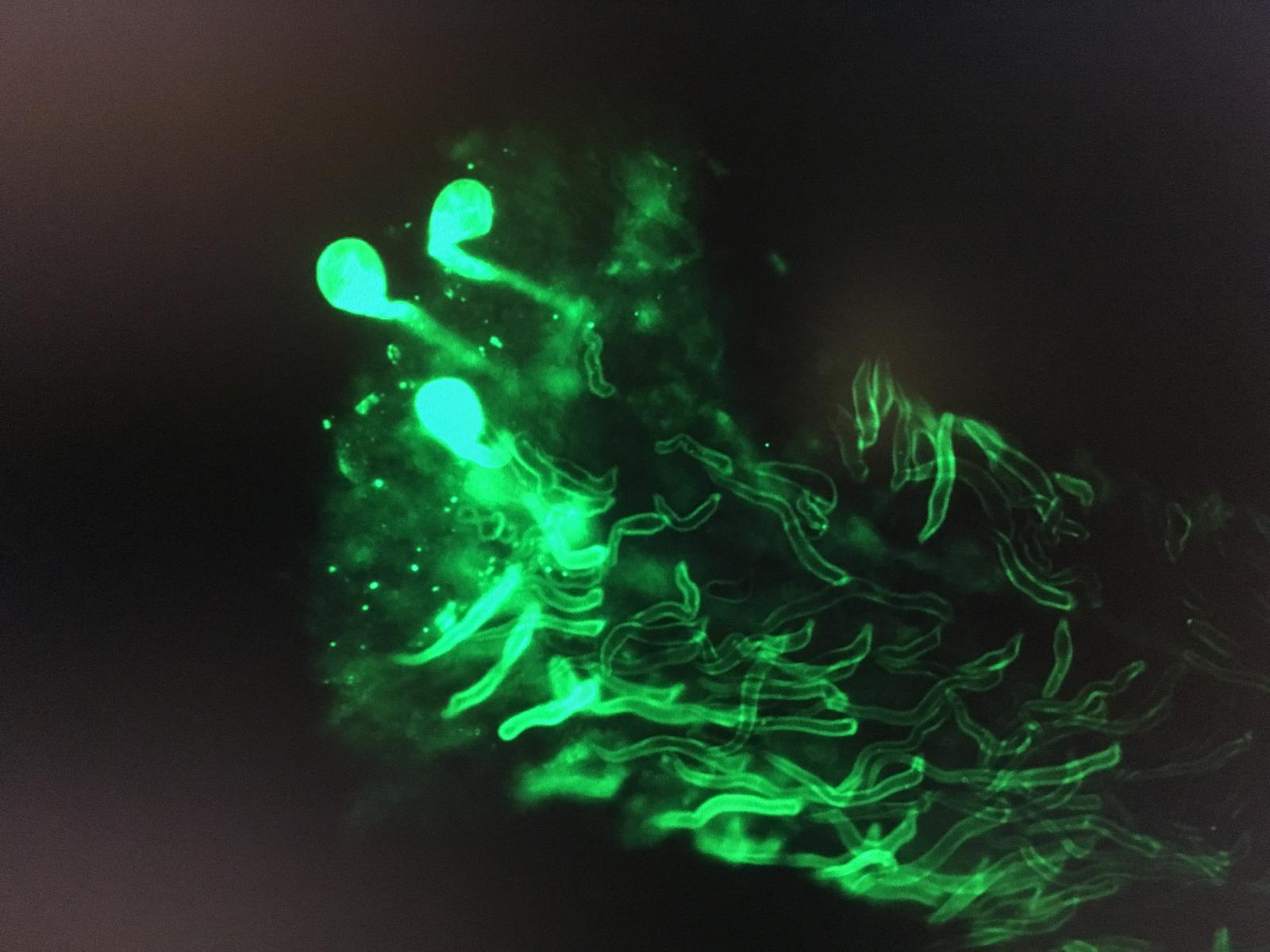Key Takeaways:
- BloomX offers bio-mimicking pollination solutions amid global pollinator decline.
- The company’s technology simulates natural pollinators using electrostatic forces and targeted vibrations.
- Strong adoption has occurred in high-value crops like blueberries and avocados across Latin America, Israel, and South Africa.
- Trials in Peru have shown significant increases in yield and fruit uniformity.
- BloomX plans to expand geographically and launch a next-generation robotic solution for tree crops.
BloomX: Addressing Pollination Gaps with AgTech Innovation
As natural pollinator populations decline and flowering windows become more unpredictable, ensuring effective pollination has emerged as a pressing challenge for many growers. Thai Sade, Founder and CEO of BloomX (Profile), believes this issue requires a new approach.
“With natural pollinator populations in decline and the pollination window being both narrow and unpredictable, growers are facing increasing challenges in ensuring reliable, effective pollination,” said Sade.
BloomX, an Israel-based agtech company, is developing scalable pollination technologies that replicate the behavior of bees and other insects. Their solution is designed to give growers more control over the timing and consistency of pollination, ultimately supporting better yields and more uniform fruit development.
Mimicking Nature with Precision
At the core of BloomX’s solution is a system that combines biology with precision engineering.
“Using carefully calibrated devices and proprietary protocols, our technology applies targeted forces such as electrostatic forces for pollen collection and application and vibrations to flowers,” explained Sade.
These technologies replicate the key mechanisms used by bees during pollination, allowing growers to achieve effective pollen transfer without relying solely on natural pollinators.
Field Successes in Key Regions For BloomX
BloomX has found early success in crops like blueberries and avocados, particularly in regions where pollination challenges are compounded by climate variability.
“We’ve seen particularly strong traction in high-value crops such as blueberries and avocados, with operations active across Peru, Mexico, South Africa, and Israel,” noted Sade.
Case Study in Peru
In one case study in Peru, a leading blueberry grower recorded a measurable increase in both yield and fruit uniformity over two years of using BloomX technology. The grower has since expanded their use of the system across more fields, citing predictability and peace of mind during peak flowering periods as major advantages.
Overcoming Market Barriers
Introducing a novel technology into an area as biologically nuanced as pollination has not been without its hurdles.
“Early on, gaining grower trust and demonstrating consistent value across varied environments was a key challenge,” said Sade.
The company responded by investing heavily in agronomy support and tailored R&D efforts to ensure its protocols could integrate smoothly into existing operations.
Looking Ahead: From Niche to Essential
BloomX envisions a future where pollination technology becomes a fundamental part of agriculture.
“With increasing pressure on food systems, climate-related disruptions, and pollinator decline, scalable pollination solutions will be essential for securing yields and ensuring sustainability,” said Sade.
He also highlighted the potential for integration with digital platforms and automation as a next step.
Expansion and New Product Launches
Looking forward, BloomX is preparing to launch a new generation of robotic pollination tools for tree crops and expanding commercial pilots with multinational growers. The company is also deepening its focus on Latin America and North America, signaling a period of rapid commercial growth.
Learn More on BloomX
Growers and partners interested in learning more can discover their profile or reach out directly at info@bloomx.ag.


